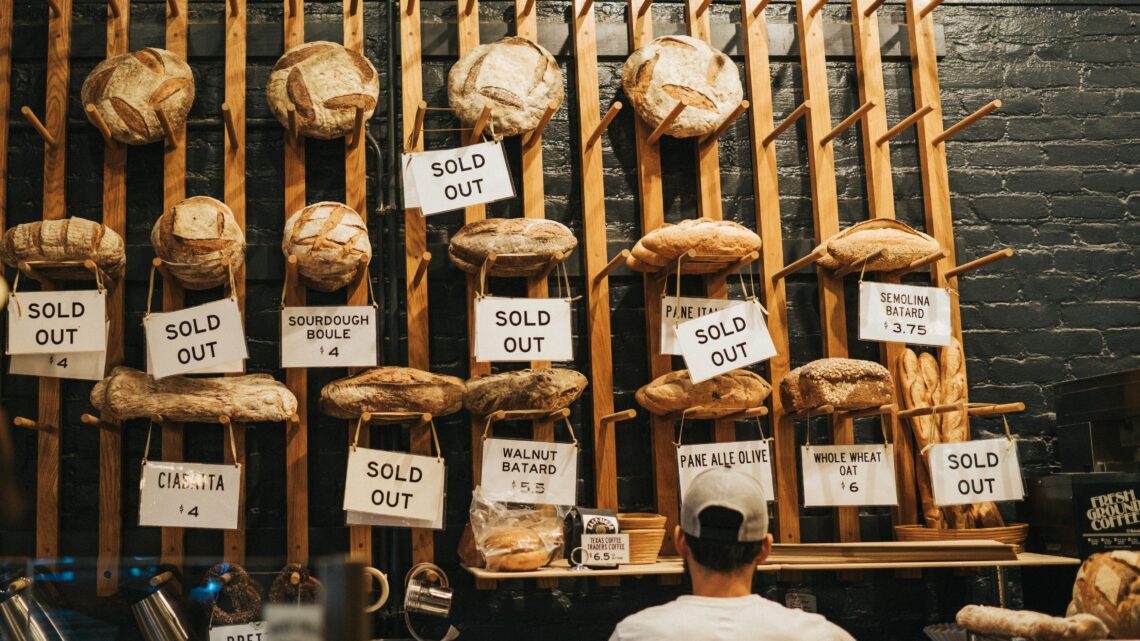In a world grappling with increasing environmental concerns, the issue of food waste has emerged as a critical challenge. The magnitude of this problem is not only alarming but also carries significant environmental and economic repercussions. According to the Food and Agriculture Organization (FAO) of the United Nations, a staggering 1.3 billion tons of food are lost or wasted annually. This accounts for almost 30% of the total annual food production, leading to significant environmental, economic, and social challenges.
Food Waste and Its Substantial Consequences
Food waste, encompassing discarded or unused edible materials, remains a global predicament, contributing to inefficiency and environmental strain. Annually, a considerable amount of food is wasted, perpetuating a cycle of environmental degradation and resource depletion. The environmental toll of food waste extends from greenhouse gas emissions to resource depletion, with rotting food releasing methane—a gas 20 times more harmful than carbon dioxide, exacerbating climate change. The extensive use of landfills further compounds environmental issues, emphasizing the critical role of reducing food waste in sustainable living.
Beyond its environmental impact, food waste inflicts substantial economic losses at every stage, from production to disposal. A study by The World Resources Institute estimates that the economic cost of global food loss and waste is approximately $940 billion per year, taking into account production, transportation, and disposal costs (World Resources Institute, 2021). Addressing this multifaceted issue is not only an ecological imperative but also a compelling economic necessity.
Bread & Bakery products are the highest contributor to food waste
Veripan began commercially utilizing by-products for the development of their functional ingredients over 20 years ago, mostly driven by their high protein and dietary fiber contents. This was well before the widespread popularity of by-product usage and buzzwords like ‘circular economy, carbon footprint, greenwashing, eco-friendly and zero waste’ emerged.
According to ETH Zürich, who conducted a study for Bundesamt für Umwelt (BafU) in 2019 the bread and baked goods category experiences the highest loss in the food industry by far. Nearly 55% of all the grains grown for this purpose in Switzerland are never consumed. In light of this, finding solutions that minimize food waste and optimize resource utilization is crucial.
The Vital Role of Upcycling
Amid these challenges, upcycling emerges as a beacon of hope. We hear the term quite often, but what does upcycling exactly mean? It is defined as the creative reutilization of by-products to minimize waste and offers myriad benefits, from economic savings to environmental preservation. Various methods and techniques are being employed in food production and processing to repurpose by-products effectively.
Needless to say, consumers also play a pivotal role in reducing food waste. By embracing mindful consumption and supporting upcycled products, individuals can significantly contribute to waste reduction. However, the impact of food waste in industries such as baking, milling, and gastronomy necessitates systematic changes in these sectors for meaningful reduction.
At Veripan, we recognize the significant impact of the milling and baking industry on food waste/by-products and acknowledge our responsibility to address this challenge proactively. Our dedication lies in pioneering innovative approaches to upcycle by-products efficiently. Demonstrating this commitment, products like our PANATURA sourdough range exemplify how by-products can be transformed into high-quality, marketable goods, thereby challenging conventional perspectives on the value of resources. Through our endeavors, we aspire to contribute to a sustainable and responsible future for the baking industry and beyond.
In conclusion, upcycling food waste stands as a transformative force against the challenges posed by excessive food disposal. The urgency to address these issues cannot be overstated. Veripan’s dedication to combating food waste showcases that upcycling is not merely a passing trend but a pivotal step toward forging a more sustainable and resilient future.
For those eager to delve deeper into the subject of upcycling, the following resources provide valuable statistics, insights and information:
https://www.sciencedirect.com/science/article/pii/S0040162521001815?via%3Dihub



